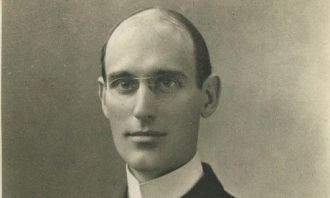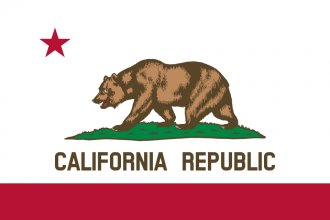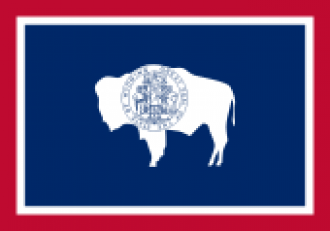USA, Boston
Founded in 1894 by three young Harvard College graduates, Charles Warren, Robert DeCourcy Ward, and Prescott Farnsworth Hall, the Immigration Restriction League (IRL) advocated a literacy requirement as a means to limit immigration into the United States. Watching with anxiety as immigration increased sharply in the 1880s and 1890s, League members had lost faith in the nation's ability to assimilate newcomers into its political, social, and cultural fabric. They associated immigration with the socio-economic problems of their increasingly urban and industrialized society—crowded tenements, poverty, crime and delinquency, labor unrest, and violence. In particular, League members made a distinction between the "old immigrants" of English, Irish, and German stock and the "new immigrants" from Italy and Eastern Europe. They claimed that these recently arrived "undesirables" were inherently unable to participate in self-government or to adopt American values. Many League spokesmen came to identify with the eugenics movement, which found a pseudoscientific basis for the classification and ranking of ethnic and racial groups.
From its Boston origins, the Immigration Restriction League spread to other large cities, including New York, Chicago, and San Francisco, and it recruited new members, many of them prominent scholars and philanthropists. The local leagues affiliated into the national Association of Immigration Restriction Leagues, and founder Prescott F. Hall served as its General Secretary from 1896 to 1921. League members wrote books, pamphlets, and numerous newspaper and journal articles to alert the public to the dangers of the immigrant flood tide, and they also hired political lobbyists to pressure members of Congress to support the literacy test.
Senator Henry Cabot Lodge of Massachusetts, an early supporter of the League, served as a powerful political ally for over 20 years. In 1896, Congress passed his literacy bill, which specified the ability to read at least 40 words in any language as a requirement for admission to the country, but President Grover Cleveland vetoed it as contrary to traditional American policy and values. Although re-introduced repeatedly, the proposal failed to become law until 1917, when Congress overrode President Woodrow Wilson's third veto. After World War I, the number of immigrants, including those from Eastern and Southern Europe, remained high despite the literacy test, and the influence of the Immigration Restriction League declined. Nonetheless, sentiment for restriction remained strong, and, in the 1920s, Congress passed a series of even more stringent measures that limited total immigration and established quotas for specific national groups, with preference for the "old immigrants" from Northern and Western Europe.
Source: http://ocp.hul.harvard.edu/immigration/restrictionleague.html



 USA, Boston
USA, Boston





